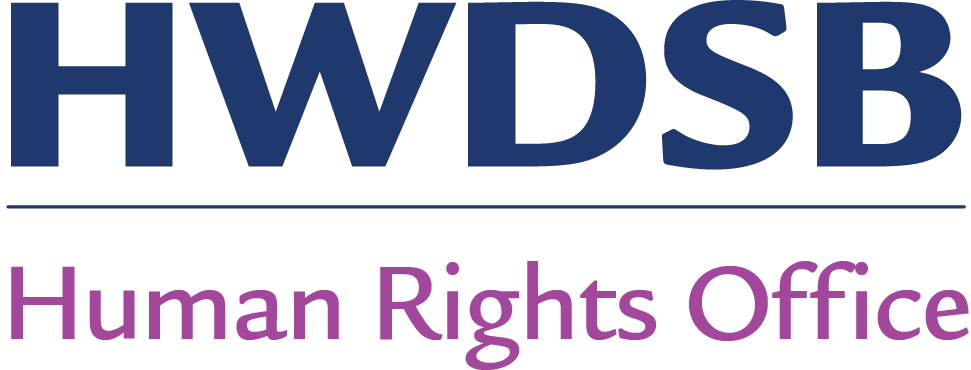What are Human Rights?
Human Rights are inherent rights we have simply because we exist as humans. In Ontario, human rights refer to the fundamental freedoms and protections guaranteed to every individual under the Ontario Human Rights Code. This legal framework safeguards individuals from discrimination and harassment based on various protected grounds. The Code ensures that all individuals are treated with dignity and respect in 5 protected social areas (goods, services and facilities, employment, accommodation(housing), contracts and membership in unions or professional associations. It aims to promote equality and prevent injustices that arise from discriminatory practices or systemic biases.
What are protected code grounds?
Also called code-protected grounds or code grounds or prohibited grounds of discrimination, these are the human rights grounds upon which discrimination under the Ontario Human Rights Code is prohibited by law.
The Ontario Human Rights Commission Code recognizes that discrimination occurs most often because of a person’s membership in a particular group in society. In the five social areas, the Code protects people based on the following grounds:
Age – 18+ years (employment); 16+ years (housing); 18+ years (all other areas)
Ancestry – family descent
Citizenship – membership in a state or nation
Colour – associated with race
Creed – religion or faith
Disability – including mental, physical, developmental, or learning disabilities
Ethnic origin – social, cultural or religious practices drawn from a common past
Family status – such as a parent-child relationship, elder relationships
Gender expression – the external attributes, behaviour, appearance, dress, etc. by which people express themselves and through which others perceive that person’s gender
Gender identity – a person’s conscious sense of maleness and/or femaleness; this sense of self is separate and distinct from biological sex
Marital status – including the status of being married, single widowed, divorced, separated or living in a conjugal relationship outside of marriage, whether in a same sex or opposite sex relationship
Place of origin – country or region (it may include language)
Race – common descent or external features such as skin colour, hair texture, facial characteristics
Receipt of public assistance – applies in housing only
Record of offences – provincial offences or pardoned federal offences (in employment only)
Sex – discrimination can be sexual in nature, or because of pregnancy. This ground includes the right to breastfeed in public areas or in the workplace
Sexual orientation – includes lesbian, gay, bisexual, heterosexual, two-spirited, questioning, etc
What is Discrimination?
Discrimination is any unequal treatment based on a Code ground, whether through direct actions or seemingly neutral rules that disadvantage certain groups. It can be direct or indirect, intentional or unintentional, and can occur at an individual or systemic level. Hate activities and harassment are also forms of discrimination. Corrective measures to address or remedy discrimination and achieve equity are not discriminatory. All forms of discrimination based on the Ontario Human Rights Code are prohibited in HWDSB environments.
What is Harassment?
Harassment is a course of vexatious comments or conduct that is unwelcome, or should reasonably be known to be so. It includes code-based harassment, which targets individuals or groups based on protected grounds, involving offensive, embarrassing, or humiliating words or actions. Harassment may occur through multiple incidents or a single significant event. Examples include name-calling, unwelcome remarks, jokes, slurs, derogatory messages, and bullying. All forms of harassment based on the Ontario Human Rights Code are prohibited in HWDSB environments.
What is the Duty to Accommodate?
Under the Ontario Human Rights Code, people identified by Code grounds are entitled to the same opportunities and benefits as everybody else. In some cases, they may need special arrangements or “accommodations” to take part equally in the social areas the Code covers, such as employment, housing and education. Employers, housing providers, and education providers have a legal obligation to accommodate Code-identified needs, unless they can prove it would cause them undue hardship.
If you have any questions or concerns, please contact the HRO directly at [email protected].
Know Your Rights: Human Rights Information Session for Students
Know Your Rights: Human Rights Information Session for Parents
